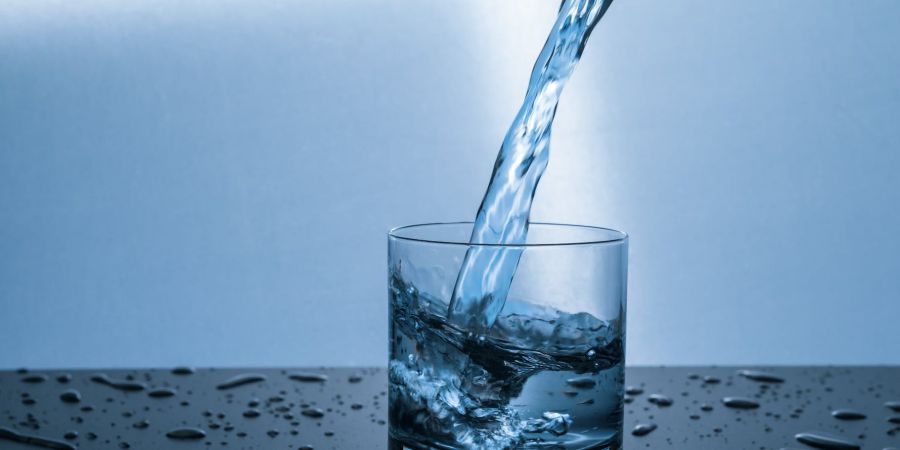

Getting enough water every day is important of your health.It prevent dehydration, a condition that can cause unclear thinking,result in mood change, cause your body to over heat and lead to constipation and kidney Stone.
Health benifit of drinking water
The human body comprises around 60% of water.Its commonly recommended that you drink 8 glass of water per day.
Dehydration can have a noticeable effect if you lose as little as 2% of your body’s water content. However, it isn’t uncommon for athletes to lose as much as 6–10% of their water weight via sweat
This can lead to altered body temperature control, reduced motivation, and increased fatigue. It can also make exercise feel much more difficult, both physically and mentally
Optimal hydration has been shown to prevent this from happening, and it may even reduce the oxidative stress that occurs during high intensity exercise. This isn’t surprising when you consider that muscle is about 80% water.
Studies show that even mild dehydration, such as the loss of 1–3% of body weight, can impair many aspects of brain function.
in young women, researchers found that fluid loss of 1.4% after exercise impaired both mood and concentration. It also increased the frequency of headaches.
Drinking water may help reduce headaches and headache symptoms. However, more high quality research is needed to confirm this potential benefit
Drinking plenty of water may help prevent and relieve constipation, especially in people who generally don’t drink enough water.
help prevent and treat headaches
Dehydration can trigger headaches and migraine in some individuals.
study in 102 men found that drinking an additional 50.7 ounces (1.5 liters) of water per day resulted in significant improvements on the Migraine-Specific Quality of Life scale, a scoring system for migraine symptoms (16).
Benefits of drinking water
Water keeps every system in the body functioning properly. The Harvard Medical School Special Health Report 6-Week Plan for Health Eating notes that water has many important.
carrying nutrients and oxygen to your cells
flushing bacteria from your bladder
aiding digestion
preventing constipation
normalizing blood pressure
cushioning joints
protecting organs and tissues
regulating body temperature
maintaining electrolyte (sodium) balance.
Giving your body enough fluids to carry out those tasks means that you're staying hydrated.
If you don't drink enough water each day, you risk becoming dehydrated. Warning signs of dehydration include weakness, low blood pressure, dizziness, confusion.
Drink plenty of water throughout the day to avoid dehydration








